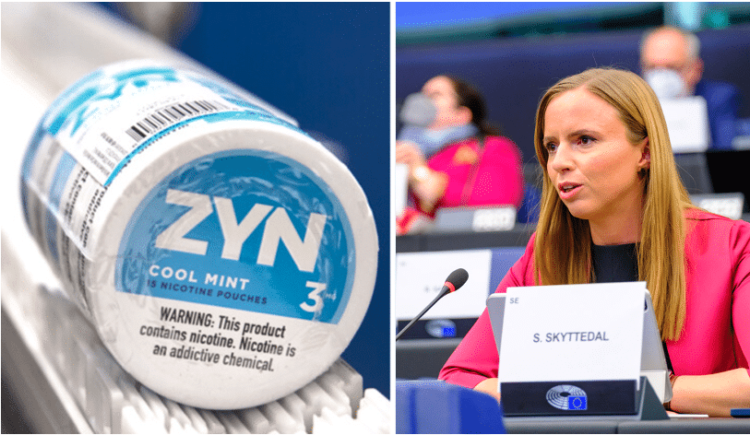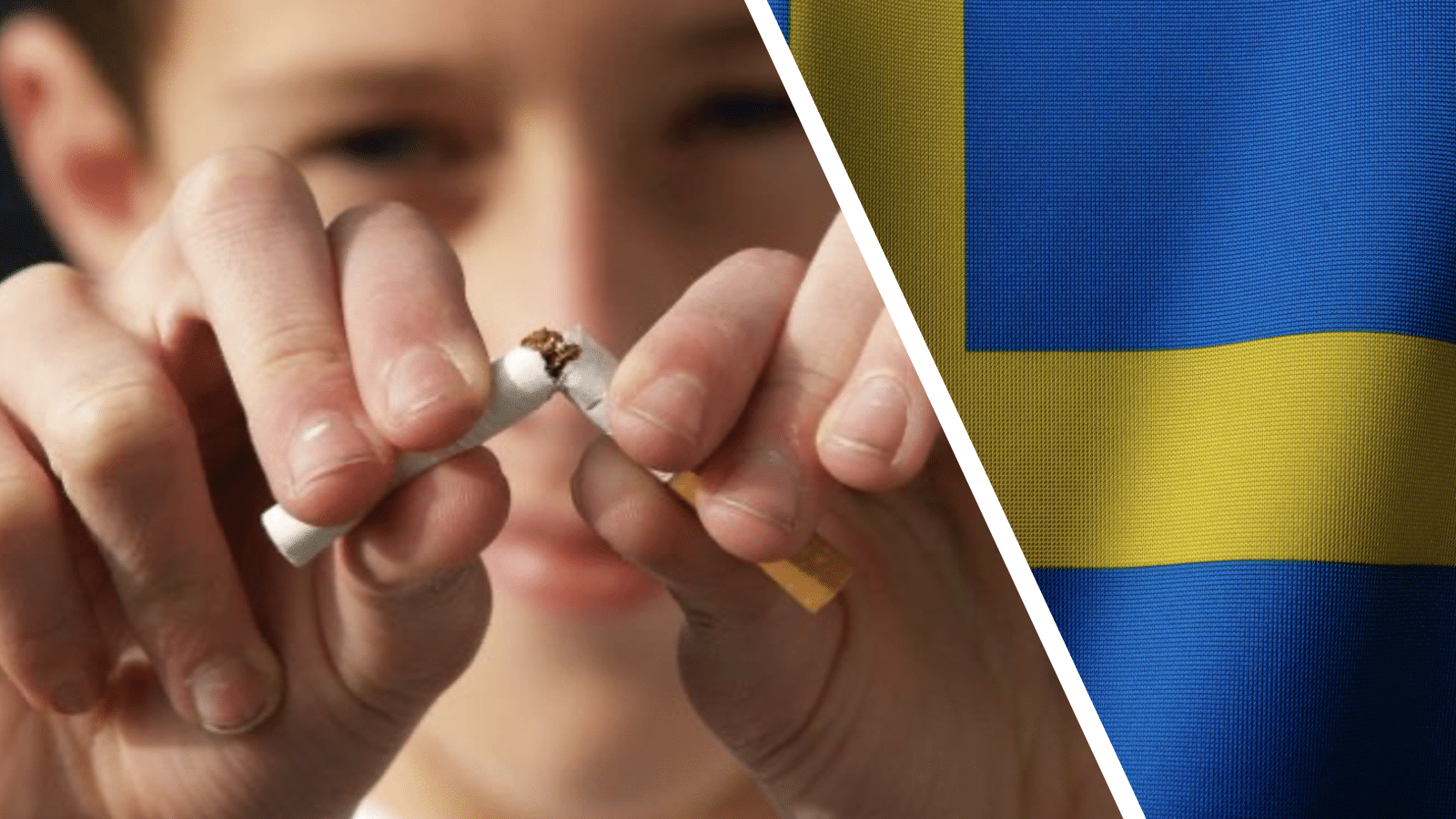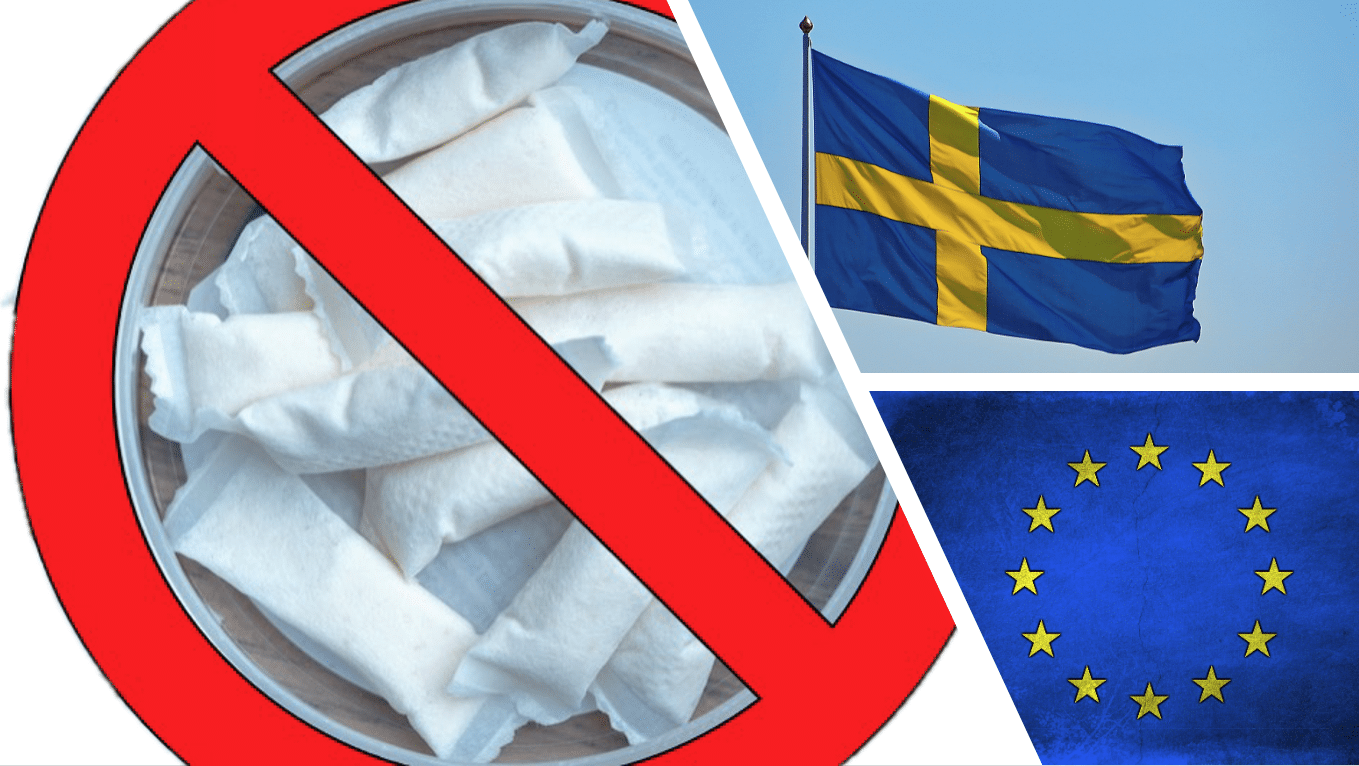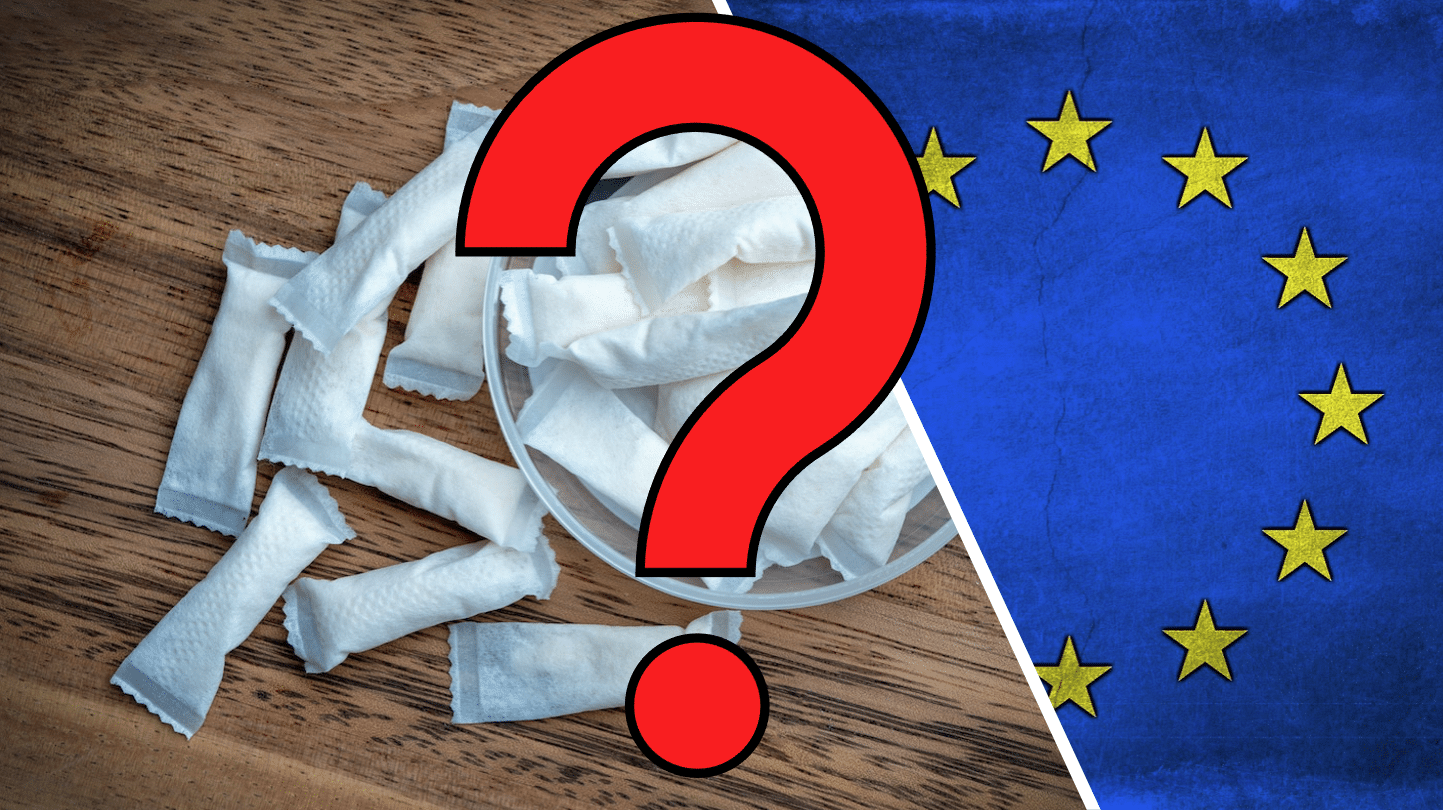
Swedish MEP: DG SANTE must clarify ‘fabricated’ nicotine pouch ban data
Swedish MEP Sara Skyttedal sees as “very serious” the possibility that DG SANTE “fabricated data” about member states’ views on a possible nicotine pouch ban.
“It is difficult to free oneself from the suspicion that officials at the European Commission fabricated data in order to oppose alternatives to cigarettes,” Skyttedal tells Snusforumet.
“If that is the case, then of course it is very serious.”
The comments come in the wake of revelations published on Snusforumet that DG SANTE exaggerated claims about member states’ desire for an EU-wide ban on tobacco-free nicotine pouches.
Skyttedal submitted written questions to Commissioner Stella Kyriakides the same day the suspicions came to light, arguing that DG SANTE’s claims that a majority of member states are open to a total ban on nicotine pouches “simply does not correlate with the evidence”.
“What is the basis for DG SANTE’s statement in its presentation on 2 December 2021 that the majority of Member States are open to banning nicotine pouches?” she asks.
The presentation referred to by Skyttedal included results from a survey sent by DG SANTE to member states seeking input on nicotine pouches.
The survey elicited a total of nine responses, with only one country – the Netherlands – calling nicotine pouch ban.
Nevertheless, the Commission Directorate claimed that “Most Member States have called for a EU level legislation that regulates these products (including banning nicotine pouches)” in its presentation of the results.
Skyttedal is concerned that DG SANTE may have purposely exaggerated the results to support bureaucrats’ own agendas.
“There have been previous cases with activist officials at the European Commission with underlying agendas. It remains to be seen if this is the case here as well,” she explains.
The EU is currently grappling with how to regulate nicotine pouches and other “novel nicotine products” that have emerged in recent years, claiming they pose “specific regulatory challenges”.
Tobacco harm reduction advocates argue that increasing the availability and variety of non-combustible alternatives would bring substantial public health benefits by making it easier for adult smokers to quit cigarettes.
In early 2022, the European Parliament took what Skyttedal called an “important step” by acknowledging the potential for e-cigarettes as a smoking cessation tool in the parliament’s Special Committee on Beating Cancer (BECA) report.
However, the Commission has previously demonstrated resistance to building a regulatory regime based on the relative risks of different nicotine products. Among other things, the Commission has refused to look at re-examining the current ban on snus despite the fact that Sweden – the only EU member state where snus is legal – has the EU’s lowest tobacco-related mortality.
Skyttedal previously called out what she sees as “dishonesty” by the European Commission when it comes to its stance on tobacco regulations. At the time, she accused the Commission of “willful ignorance” when it comes to the science on snus and “ideological opposition to tobacco and nicotine”.
She believes the new revelations about DG SANTE’s attempt to misrepresent the findings of its own survey is yet another example of the Commission acting against the EU’s Beating Cancer Plan.
“In order for Europe to reduce tobacco-related mortality, the use of cigarettes must be reduced. If this is to be possible, alternative nicotine products, such as nicotine pouches, cannot be over-regulated or banned,” she says.
“If the European Commission nevertheless pursues that line, it will in a very obvious way counteract the objectives set in their own anti-cancer strategy.”




